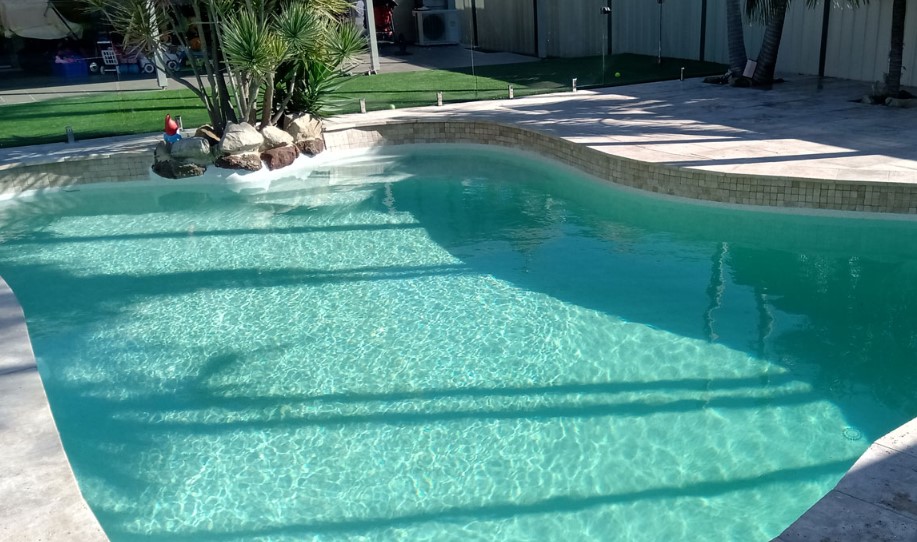
Factors to Consider When Renovating a Commercial Pool
Commercial pool renovation is a significant undertaking that requires careful planning and consideration of various factors to ensure a successful and compliant project. Here are the key factors to keep in mind when renovating a commercial pool:
-
Budget and Financing:
- Establish a realistic budget for the renovation project. Consider all costs, including design, materials, labor, permits, equipment, contingency funds, and ongoing maintenance.
- Explore financing options or grants that may be available to help cover renovation expenses.
-
Regulatory Compliance:
- Ensure that your renovation plans comply with all relevant local, state, and federal regulations and building codes.
- Obtain the necessary permits and approvals from local authorities before starting construction.
-
Safety Improvements:
- Prioritize safety enhancements to protect pool users. Evaluate and update safety features such as pool fencing, anti-entrapment drain covers, lifeguard stations, and first aid stations.
- Consider installing safety equipment like automated external defibrillators (AEDs) and emergency phone systems.
-
Accessibility:
- Ensure that the renovated pool area complies with accessibility standards, including those outlined in the Americans with Disabilities Act (ADA).
- Incorporate accessible entry options, such as ramps or lifts, and provide appropriate signage and accommodations.
-
Aesthetic Enhancements:
- Evaluate the pool’s aesthetic appeal and consider making improvements to enhance its visual appeal. This may include resurfacing the pool, updating lighting, and landscaping enhancements.
- Choose finishes and designs that align with the facility’s overall aesthetic and branding.
-
Energy Efficiency:
- Explore energy-efficient options for pool equipment, lighting, and heating systems. These upgrades can reduce operational costs over time and demonstrate a commitment to sustainability.
- Consider installing solar heating or energy-efficient pumps to minimize energy consumption.
-
Equipment Upgrades:
- Assess the condition of pool equipment, including pumps, filters, heaters, and circulation systems. Upgrade or replace outdated equipment to improve efficiency and performance.
- Consider automation systems for better control and management of pool operations.
-
Project Timeline:
- Develop a realistic project timeline that accounts for various factors, including weather conditions, permit processing times, and contractor availability.
- Minimize pool downtime by scheduling renovations during off-peak seasons or using phased construction approaches.
-
Communication and Stakeholder Involvement:
- Keep stakeholders, including facility managers, staff, and pool users, informed about the renovation plans, timelines, and potential disruptions.
- Maintain open lines of communication with contractors, architects, and inspectors throughout the project.
-
Quality Assurance:
- Work with experienced professionals and reputable contractors who have a track record of successful commercial pool renovations.
- Conduct regular inspections and quality checks to ensure that work is completed to high standards.
-
Maintenance Plans:
- Develop a comprehensive maintenance plan to preserve the renovated pool’s condition and functionality.
- Train pool staff on the proper maintenance procedures and the use of new equipment.
-
Long-Term Sustainability:
- Consider long-term sustainability goals, such as water conservation and eco-friendly practices, when planning the renovation.
- Implement strategies to reduce water and energy consumption over time.
By carefully considering these factors and working with experienced professionals, you can ensure that your commercial pool renovation project is successful, meets safety and accessibility standards, enhances the pool’s aesthetics and functionality, and stays within budget and timeline constraints.


